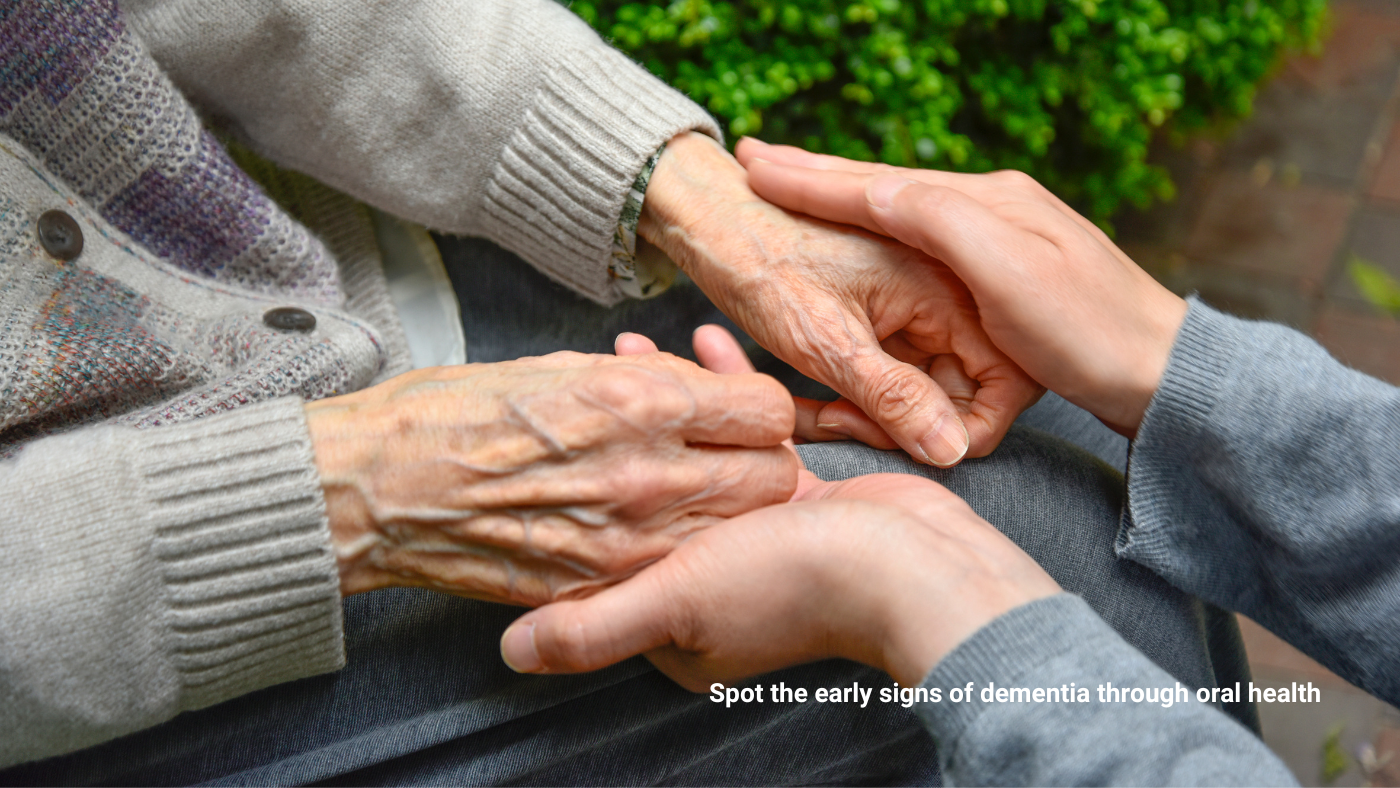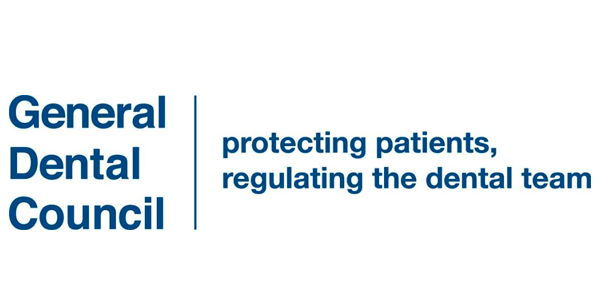Why dentists and families must stay alert to look after our loved ones
This may come as a surprise, but research is now telling us that dentists and families can pinpoint the early signs of dementia through the state of an individual’s oral health.
The link may not seem obvious, but many people who may have dementia are likely to be unable to manage their oral health properly and if there’s a noticeable decline, this could be the start of the condition.
According to the statistics, there are almost 800,000 people living in the UK with dementia and one in three over the age of 65 will develop it at some stage.
Unfortunately, the number of dementia cases is increasing in this country because people are living much longer than before, and by 2021, the number of cases is expected to reach the 1 million mark.
So, how can dentists help?
This month, the British Dental Health Foundation has said that if dentists spot the early signs of dementia, they should and could offer people dementia plans to make sure their oral condition and overall health is managed properly and not put at any further risk.
Its Chief Executive, Dr Nigel Carter, has said that dentists and families need to be able to recognise behaviour which isn’t normal for the individual so they can get “effective support”.
He said: “As dementia is progressive, recognising it early means that an effective care-plan can be put into place before it leads to further health problems, including painful and extensive dental health issues.
“Through proper maintenance of oral health in people with dementia there are many other benefits in terms of self-esteem, dignity and nutrition. What we must remember is that the impact of proper and improper oral health is no different for those who have and don’t have dementia, and should be treated as accordingly.
“People with dementia in advanced stages may not be able to communicate that they are experiencing pain in their teeth so dentists should be trained to recognise other signs which may indicate an underlying problem. With appropriate training dentists will be able to help people with dementia maintain a good quality of oral health and reduce discomfort.”
Are you worried about dementia and your oral health?
If you’re worried about dementia and believe you may be in the early stages, it’s important that you carry our your own mouth care for as long as possible but seek professional advice.
But if the disease is at a developed stage, families, carers and dentists have been urged to take on more responsibility to make sure overall health and well-being is protected.
Dr Ewan Bramley, of Ewan Bramley Dental Care in North Shields, comments: “I think we all understand how important getting a swift diagnosis of dementia is to any individual. Getting first class access to support and treatment is essential for people to be able to live a respectable life.
“If a practice such as ours can pick up on the early stages of dementia this can only be a positive for people and their families. We all need to work together to identify the condition so that we can refer patients to their GP so they can be looked after properly.”
What is dementia and how can we all spot the signs?
Dementia is extremely common in the UK and the risk of getting it increases with age and often occurs over the age of 65.
Dementia is referred to as a syndrome that is linked to a decline of the brain’s abilities and includes problems such as memory loss, confusion, mental agility, our judgement and thinking speed.






